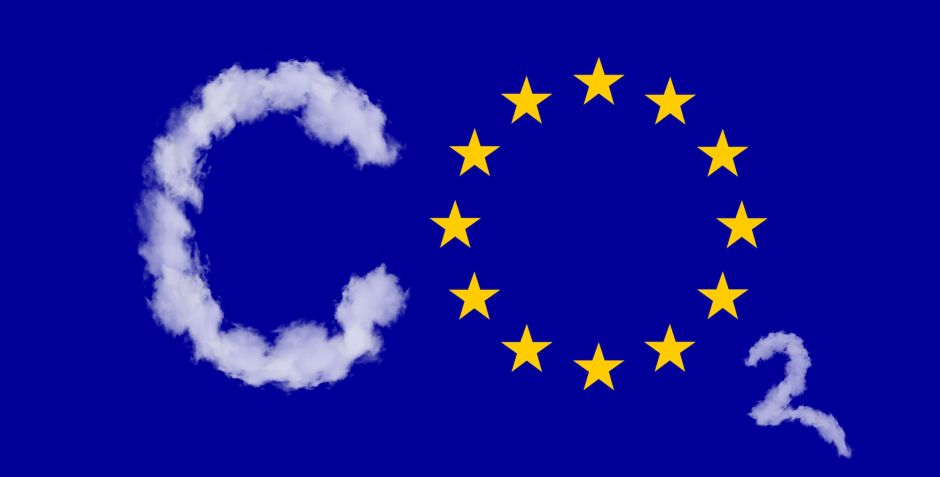Shipping's transition is barely affected by EU ETS

In the short term, shipping's inclusion in the EU emissions trading system is not expected to be sufficient to promote a large-scale fuel transition in the sector. According to a new report, emission allowances are too cheap.
In the European Commission's Green Deal from 2019, the goal was set high: the EU must be climate neutral by 2050. Therefore, the EU's trading for emissions rights - EU ETS - also needed to be reviewed, which led, among other things, to maritime shipping also being included in the system from 2024 onwards .
In the report Impact of including maritime transport in the EU ETS, written by researchers from IVL, the University of Gothenburg and the World Maritime University, it is stated that the inclusion of shipping in the EU ETS is an important control tool for reducing carbon dioxide emissions. At the same time, it is not certain that it will be enough. According to the report, high prices for emission rights are crucial for stimulating investments and measures that reduce shipping's carbon dioxide emissions.
- The price of the emissions is now approximately 80 euros per ton and in the report's economic model we have calculated a price of 100 euros per ton. This means that measures related to energy efficiency, for example engine improvements, will be profitable, while a transition to renewable fuels probably will not be. It's three, four times as expensive, says Erik Fridell at the IVL Swedish Environmental Institute, one of the researchers behind the report.
But a cost of 80 or 100 euros per ton of emissions will, of course, mean higher transport costs – something that is often said to ultimately affect consumers.
- A pair of gym shoes may not be that much more expensive, but low-value goods such as paper or wood where transport costs make up a large part of the value may be more expensive.
The report has also taken the pace of the industry's attitude to shipping's entry into the EU ETS. And overall, the industry think it's positive. In the long term, it is believed that this will lead to energy efficiency and new fuels. However, it is assessed that there is a certain risk of a certain transfer of goods from sea to road, especially on longer roro and ropax routes.
Another reflection from the report is that awareness of shipping's entry into the EU ETS is not particularly high among transport buyers – many had not heard of the emissions trading system.
- The trading of emissions rights has had an incredibly great importance for the energy sector in Europe, but has not been applicable to the transport sector. So it is perhaps not so strange that transport buyers are not aware of the EU ETS.
Although shipping will not initially switch to new fuels, emissions will be reduced in total in Europe. The introduction of shipping's entry into the EU ETS can indeed lead to increased emission reductions of carbon dioxide in other sectors.
- In addition, air pollution will decrease, for example, there will be less emissions of nitrogen oxides, says Erik Fridell.
-
 NextWave – en podd som ska locka unga
NextWave – en podd som ska locka unga -
 Ny studie: Eldrivna pendelbåtar kan effektivisera Stockholms kollektivtrafik
Ny studie: Eldrivna pendelbåtar kan effektivisera Stockholms kollektivtrafik -
 Sjöfartens utsläpp ökar
Sjöfartens utsläpp ökar -
 Sociala relationer påverkar val av bränsle
Sociala relationer påverkar val av bränsle -
 Sjöfartens omställning kräver ”mjukare” påtryckningar
Sjöfartens omställning kräver ”mjukare” påtryckningar -
 Hon hade avtalad tid med Kapten ynkrygg
Hon hade avtalad tid med Kapten ynkrygg -
 Lighthouse omvärldsanalys 2025 – osäkerhet och tullar präglar sjöfarten
Lighthouse omvärldsanalys 2025 – osäkerhet och tullar präglar sjöfarten -
 Se seminariet Shipping in the Marine Environment
Se seminariet Shipping in the Marine Environment -
 Vad betyder egentligen de 90 procenten?
Vad betyder egentligen de 90 procenten? -
 Hålla där...
Hålla där...

